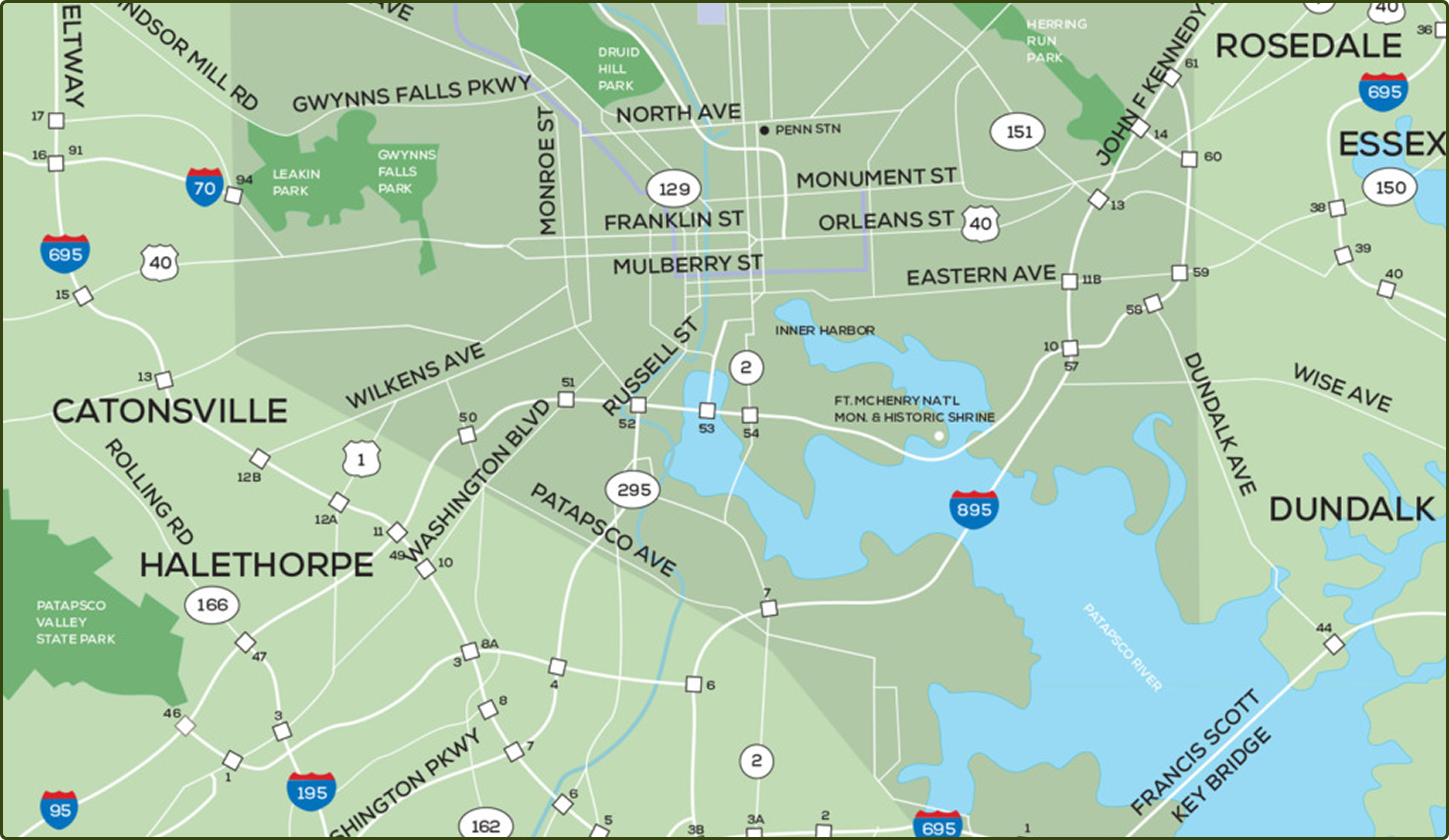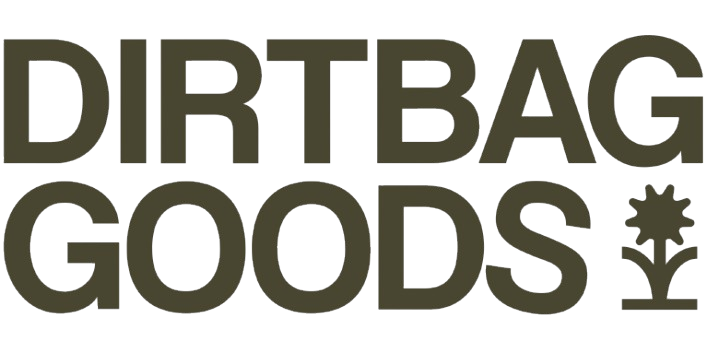.png)
Best Home-Compostable Products
Explore a curated list of eco-friendly, home-compostable products that fit seamlessly into your sustainable lifestyle.
1. Why Composting Matters
Composting is more than just a feel-good activity—it’s a powerful way to combat waste and pollution. Did you know that nearly 30% of what we throw away at home could be composted instead? Food scraps and yard waste are the largest contributors to methane emissions in landfills, a potent greenhouse gas.

By composting, you’re:
- Reducing landfill waste.
- Cutting down methane emissions.
- Creating natural fertilizer for your garden.
.png)

2. What You’ll Need to Start Composting
- A Compost Bin
You can buy one or DIY your own. Choose indoor bins for small spaces or outdoor bins for larger yards.
- Browns(Carbon Sources)
Dry materials like leaves, shredded paper, or cardboard.
- Greens (Nitrogen Sources)
Food scraps, grass clippings, and even our home-compostable Dirtbag Goods straws!
- water
You can buy one or DIY your own. Choose indoor bins for small spaces or outdoor bins for larger yards.
.png)
3. How to Build Your Compost Pile
Follow these simple steps to set up your compost pile:
- Layer It
Start with a layer of browns (e.g., dry leaves), followed by greens (e.g., food scraps). Aim for 2 parts browns to 1 part greens.
- Keep It Moist
Add a little water as you go to keep the pile damp, like a wrung-out sponge.
- Turn It
Every few weeks, mix the pile to add oxygen, which speeds up decomposition.

4. What You Can and Can’t Compost

.png)
Compost These:
- Fruits and vegetables.
- Coffee grounds and tea bags.
- Eggshells.
- Yard waste (leaves, grass).
- Dirtbag Goods’ home-compostable straws.
Avoid These:
- Meat, dairy, and oily foods (attract pests).
- Plastics, even if labeled “compostable” but not certified for home composting.
- Pet waste.
5. Local Composting Resources in Baltimore
If home composting isn’t for you, there are several amazing composting programs and facilities in Baltimore that can help

- Compost Cab Baltimore
Offers pick-up services for residents who want to compost without the hassle.
- Baltimore Compost Collective
A youth-led food scrap collection service that transforms waste into rich compost.
- Waste Neutral
Provides composting services for individuals, businesses, and events in Baltimore.

6. Troubleshooting Your Compost
Even seasoned composters run into a few hiccups. Here’s how to fix common issues:
- Too Smelly?
Add more browns to balance the moisture.
- Too Dry?
Sprinkle in some water to rehydrate the pile.
- Not Breaking Down?
Turn the pile more frequently to add oxygen.
.png)
7. Using Your Finished Compost
In about 2–6 months, your compost will turn into dark, crumbly soil that smells earthy and fresh. Here’s how to use it:
- Enrich your garden beds.
- Fertilize houseplants.
- Top off outdoor potted plants.
By composting, you’re completing a full-circle process—turning waste into something truly valuable.
.png)

Composting at home is a simple, rewarding way to reduce waste, nourish the earth, and contribute to a more sustainable future. And with products like Dirtbag Goods’ home-compostable straws, making eco-friendly choices is easier than ever. Start your composting journey today—it’s good for you, your garden, and the planet.






Lorem ipsum dolor sit amet, consectetur adipiscing elit. Suspendisse varius enim in eros elementum tristique. Duis cursus, mi quis viverra.